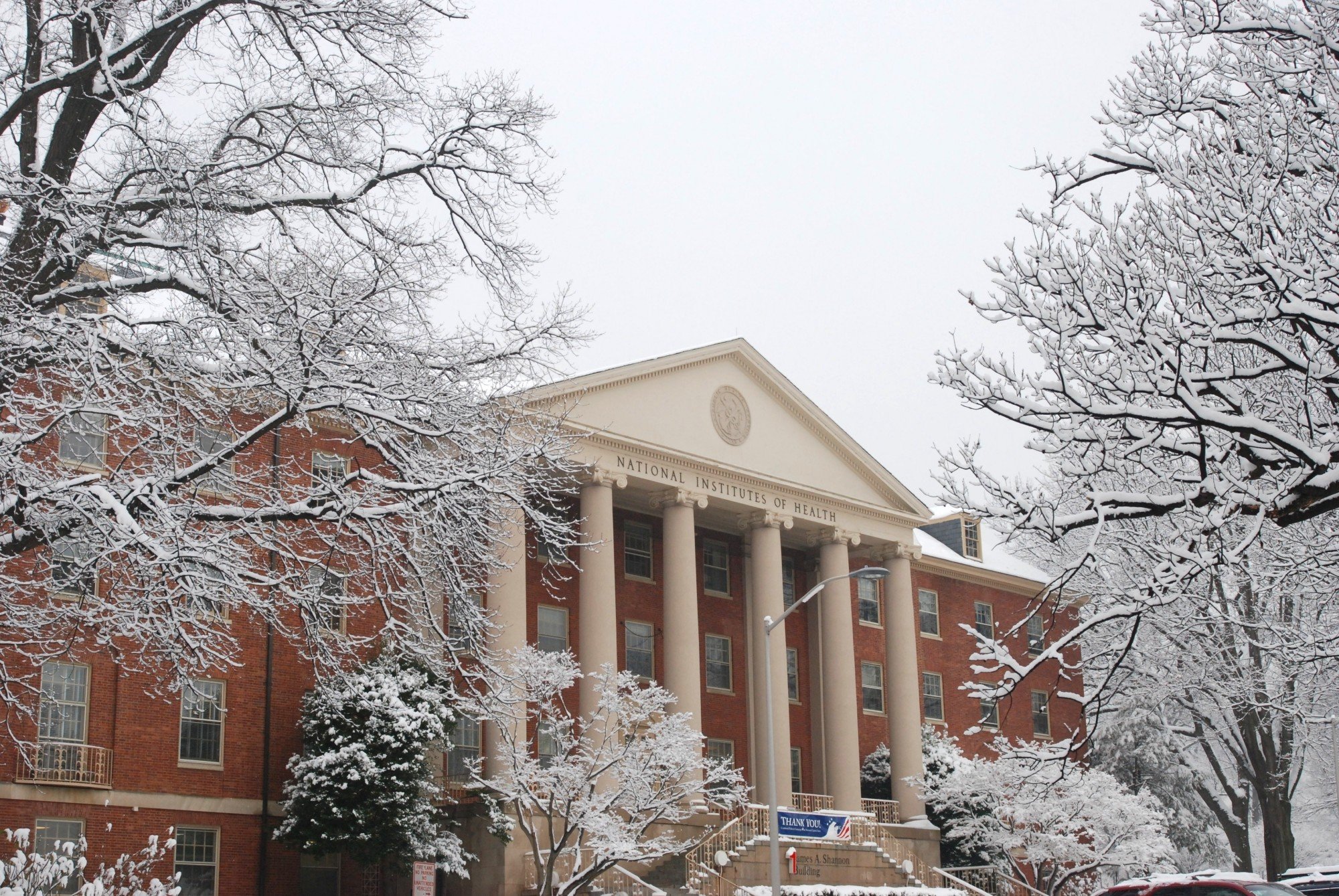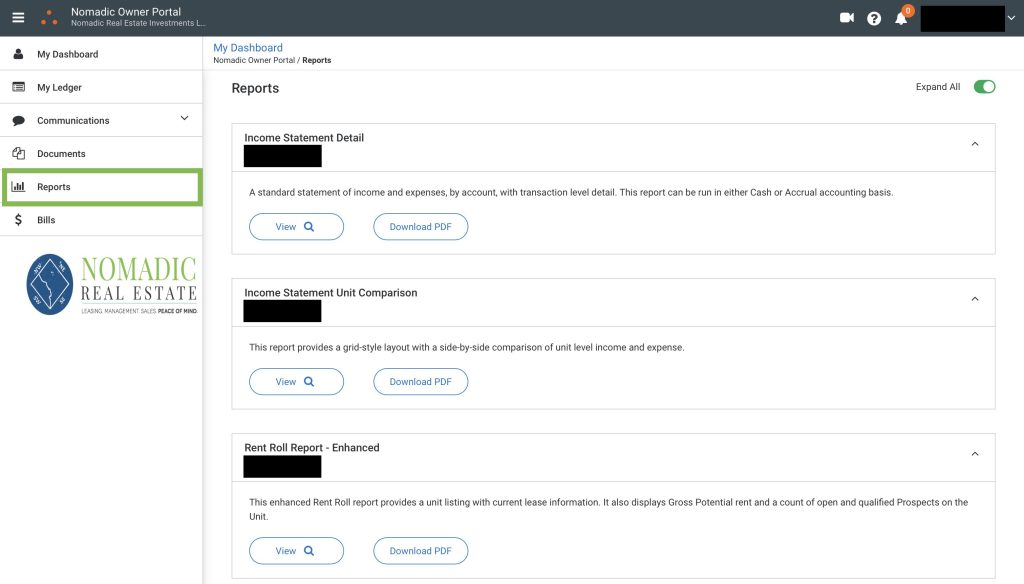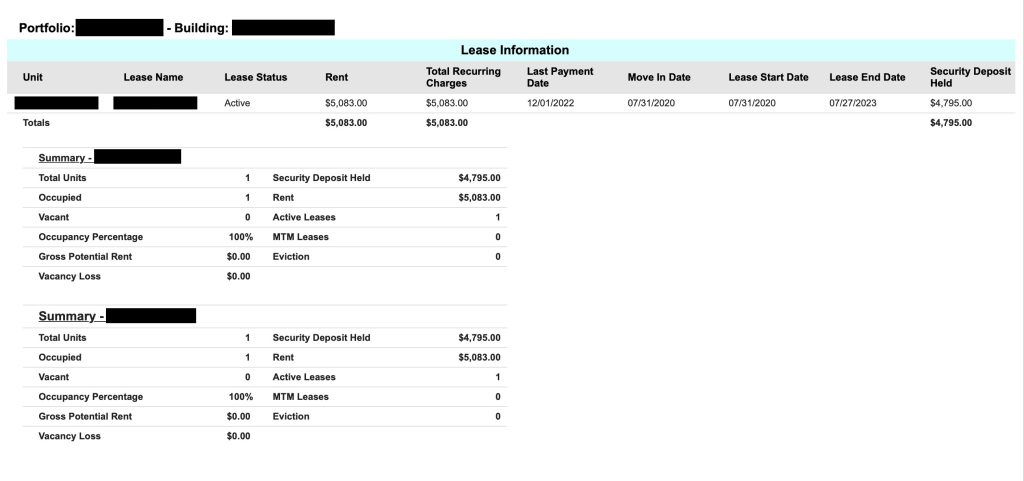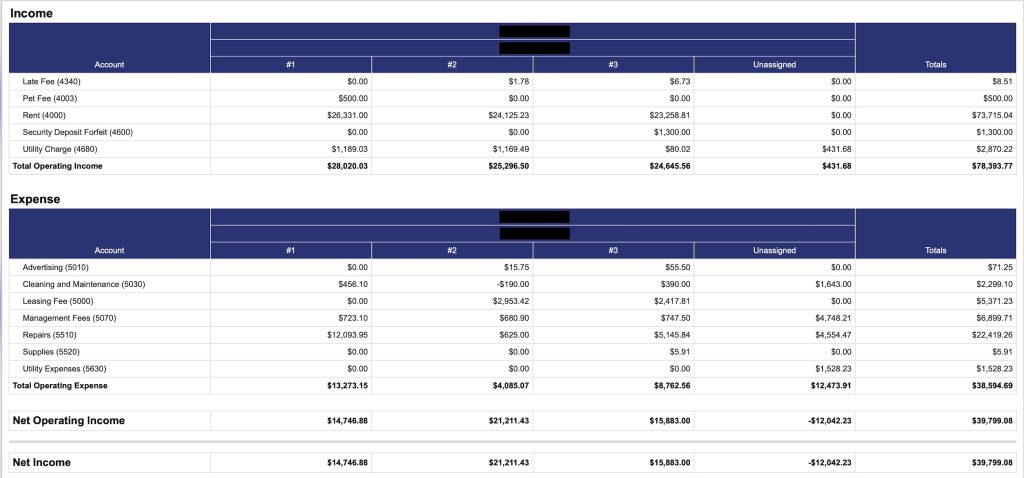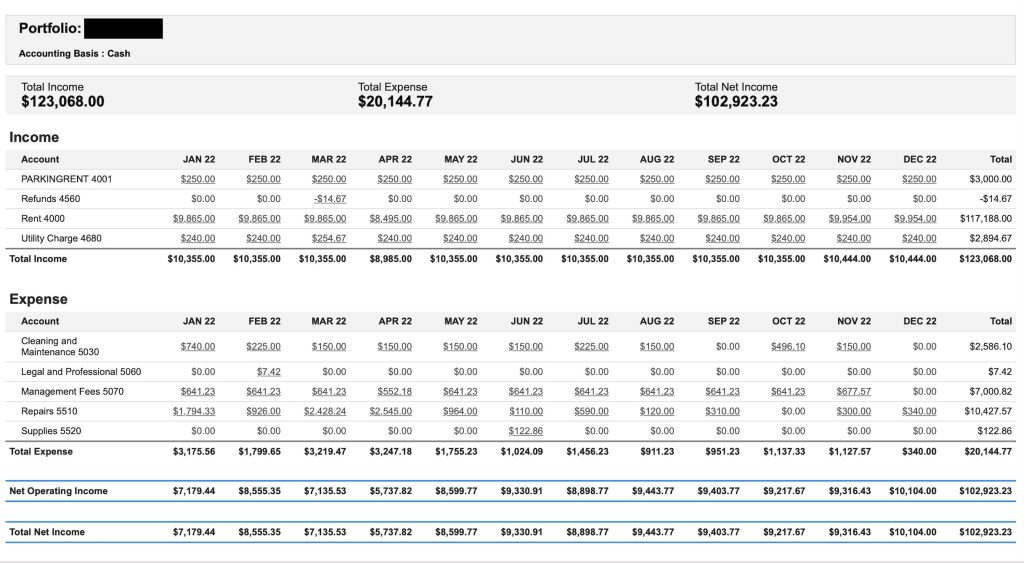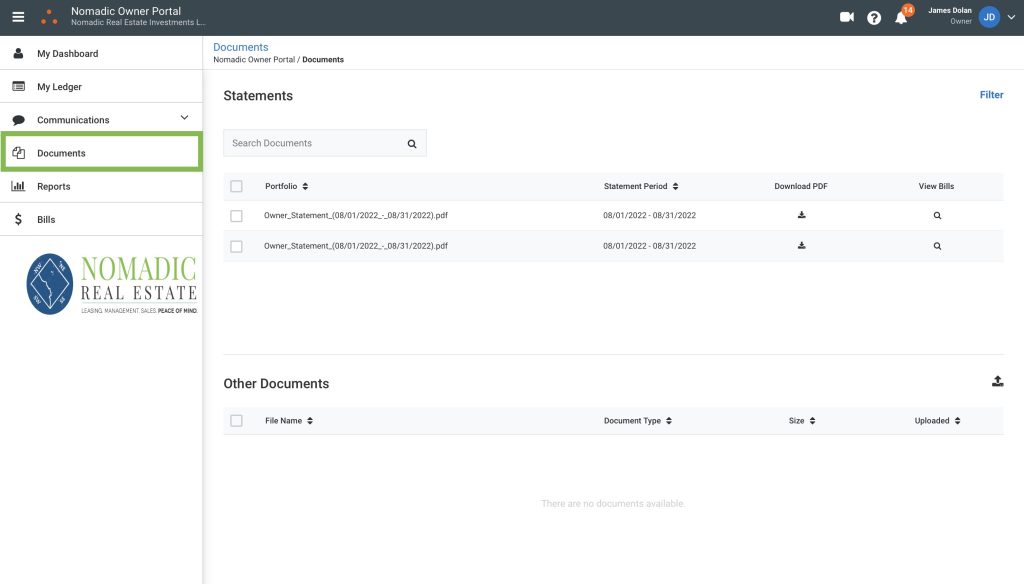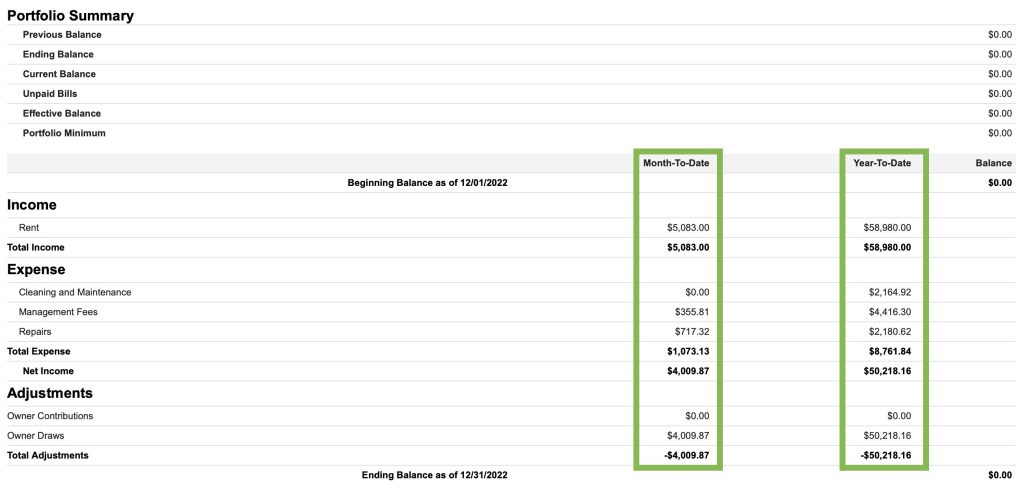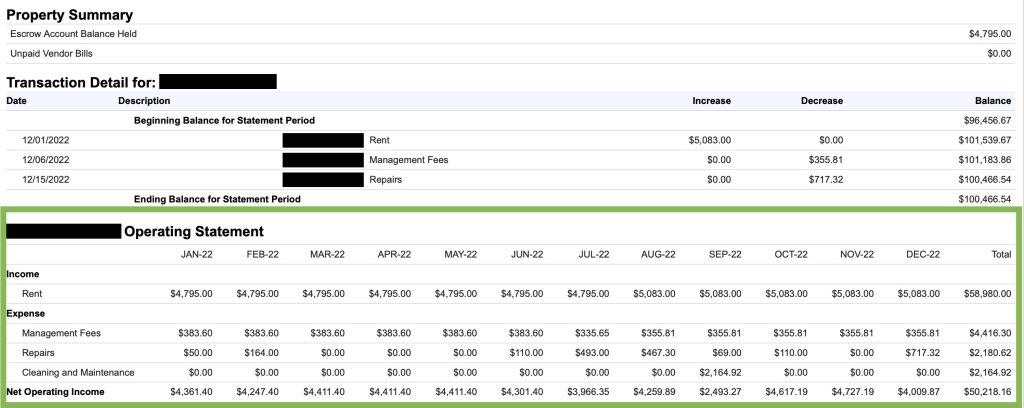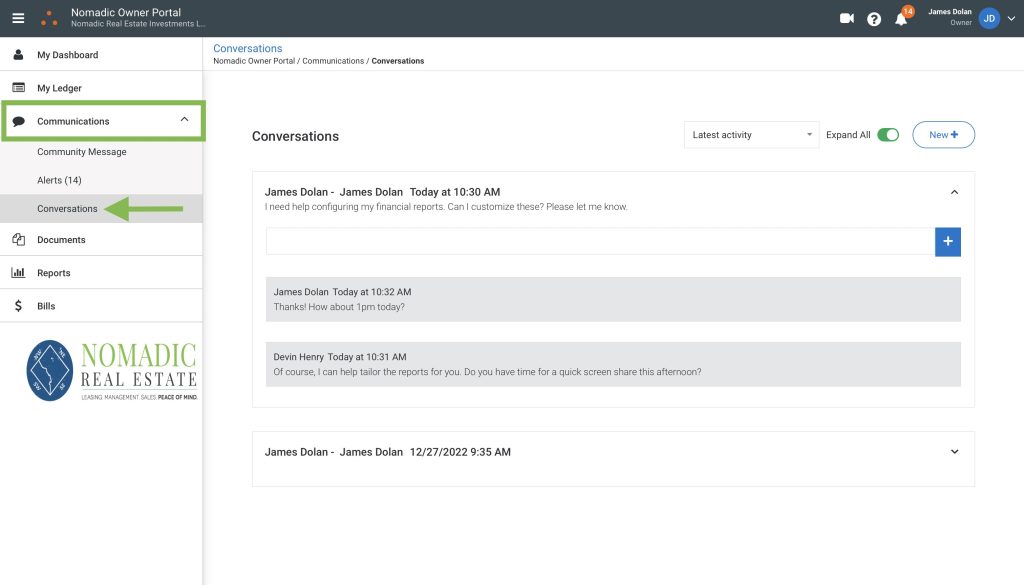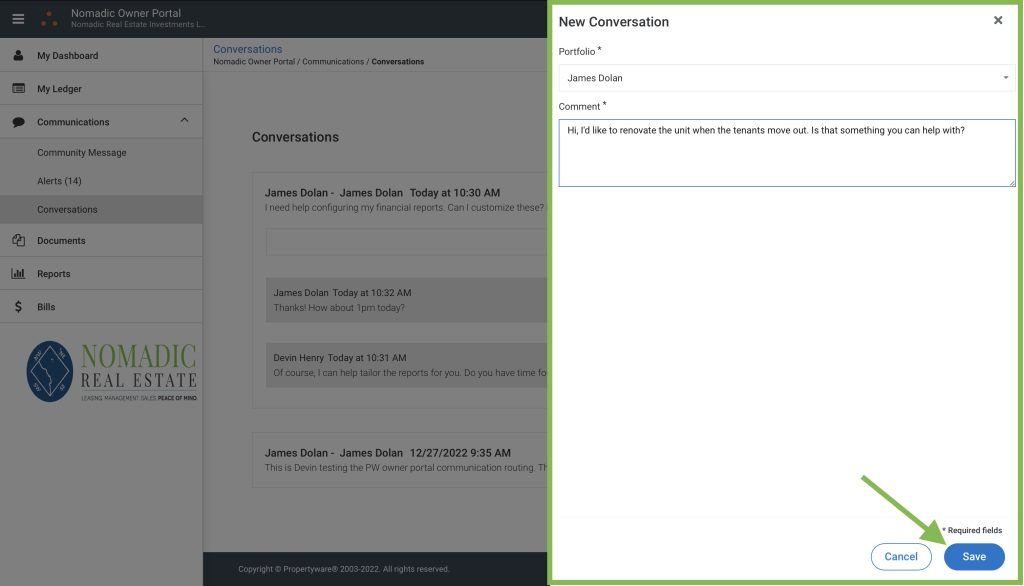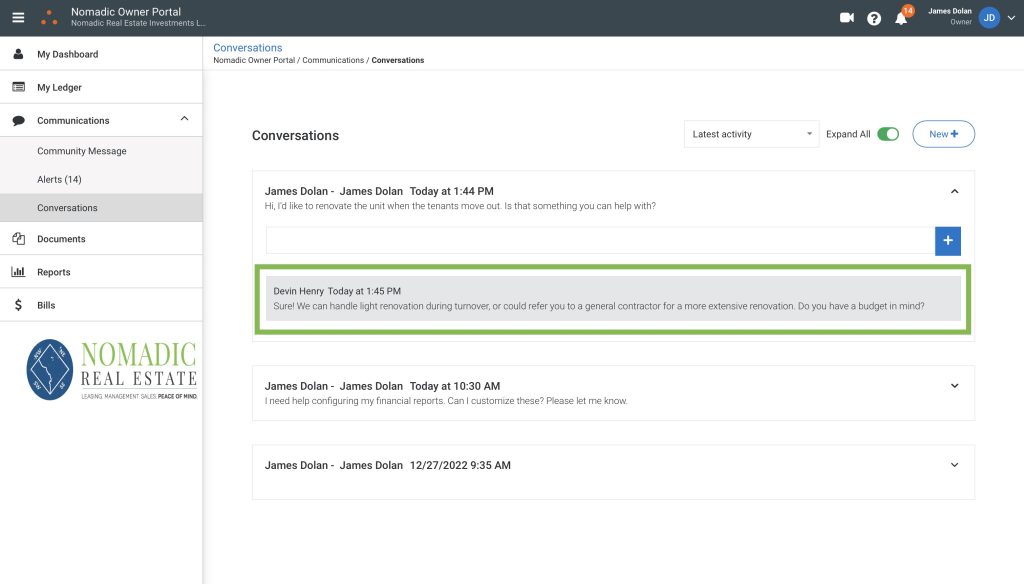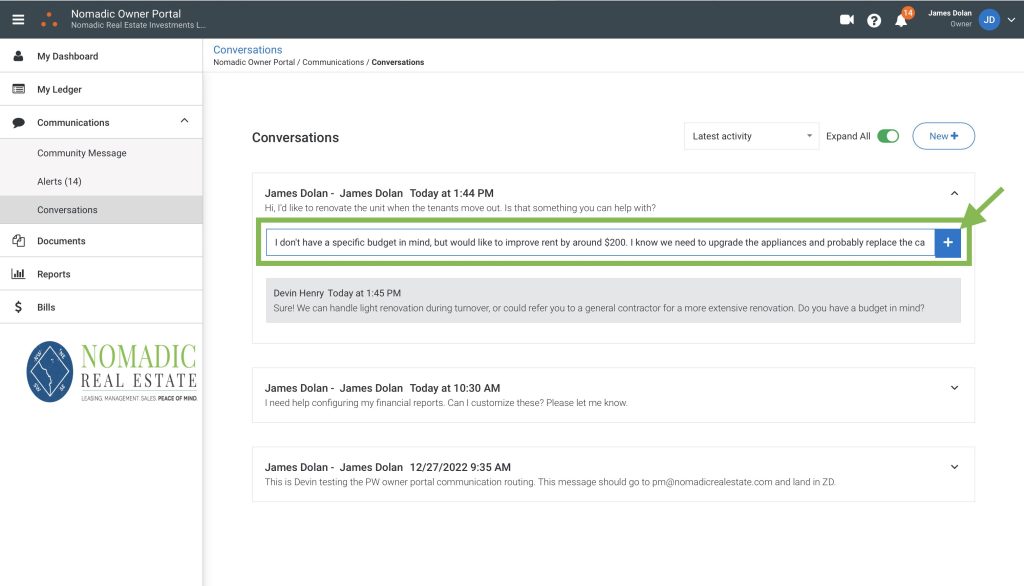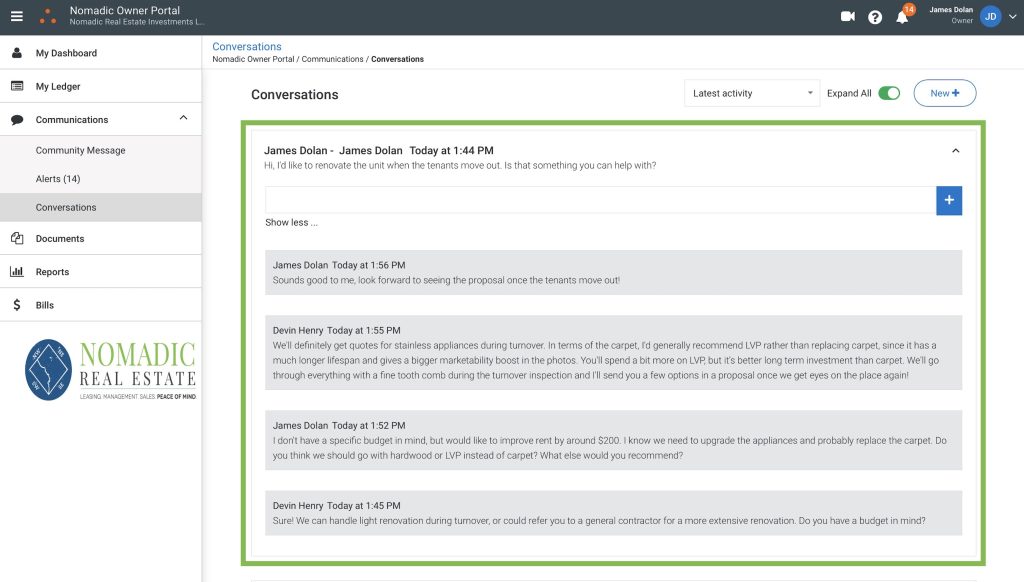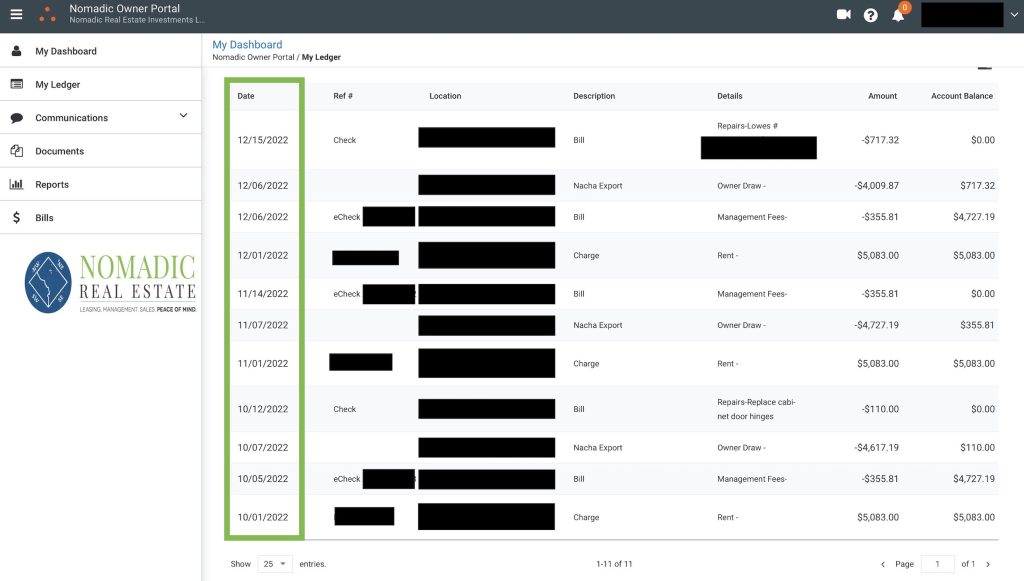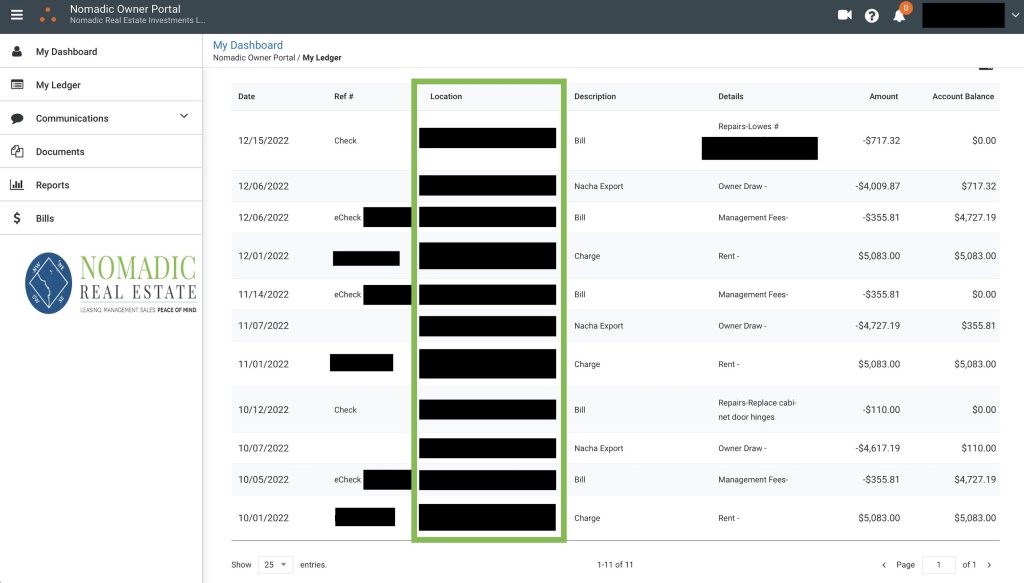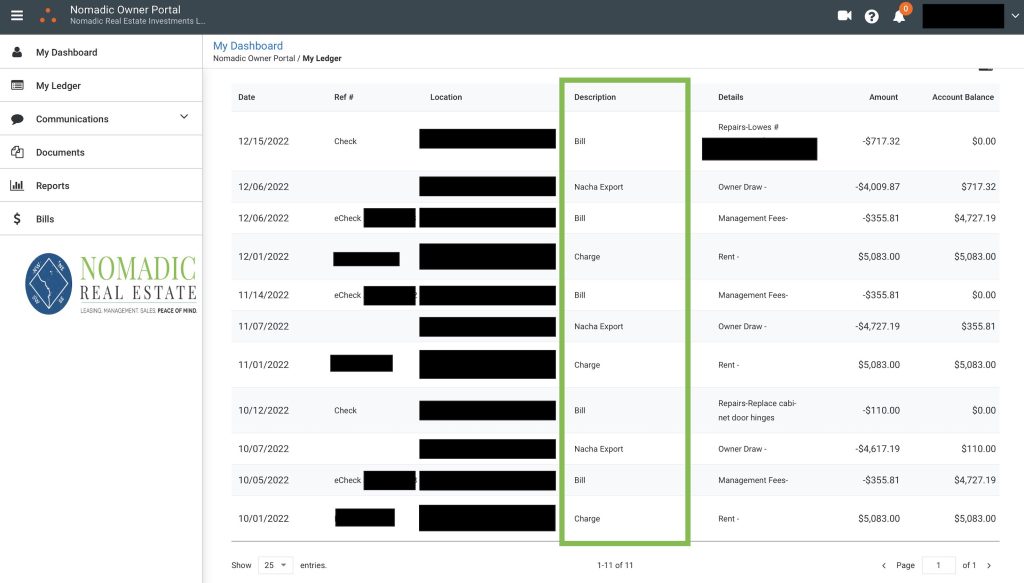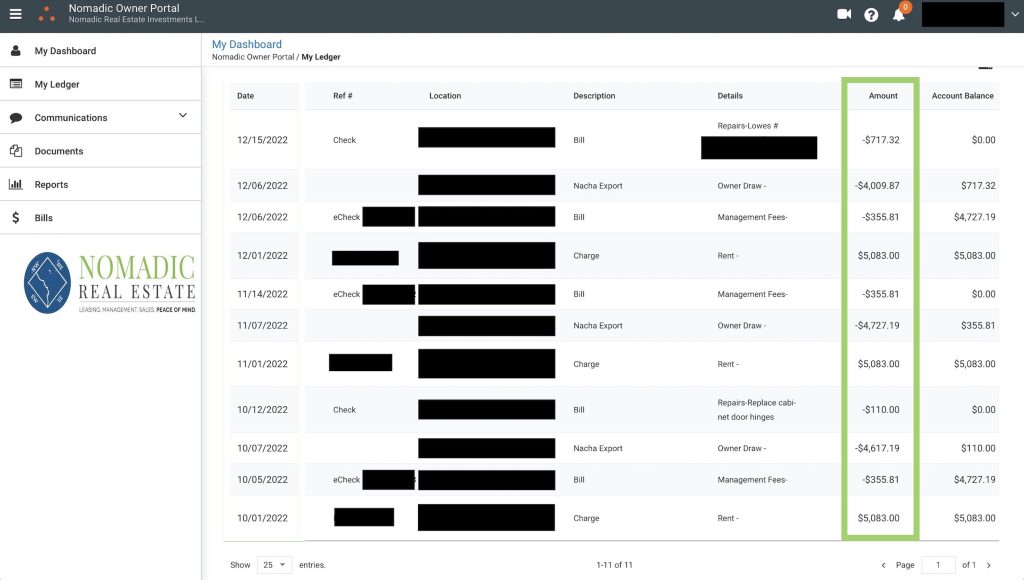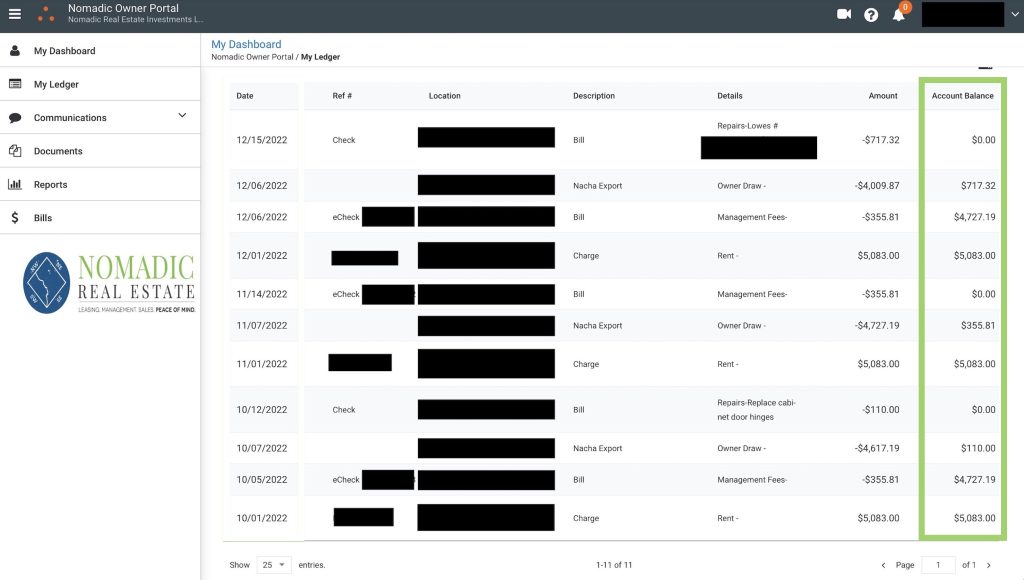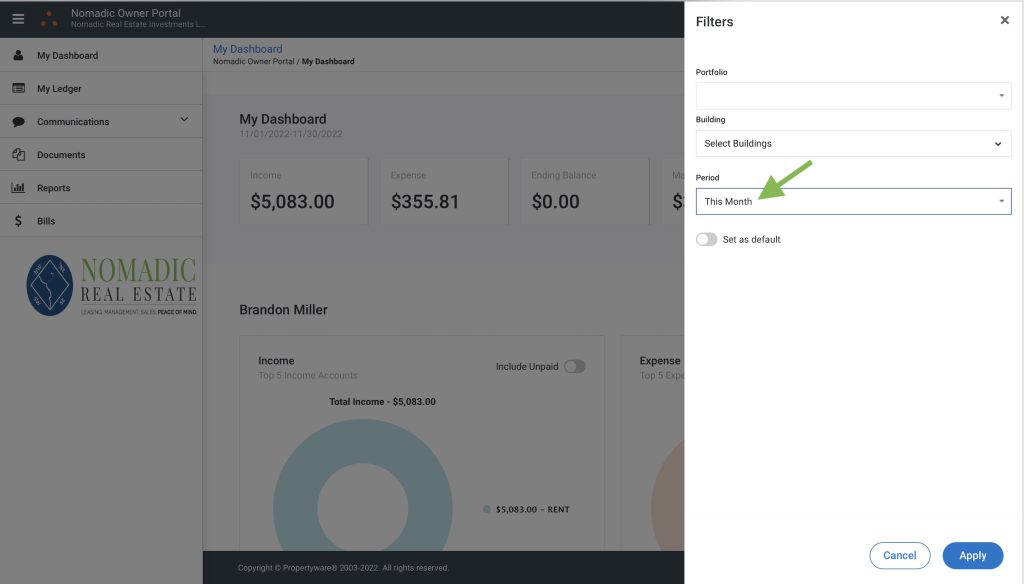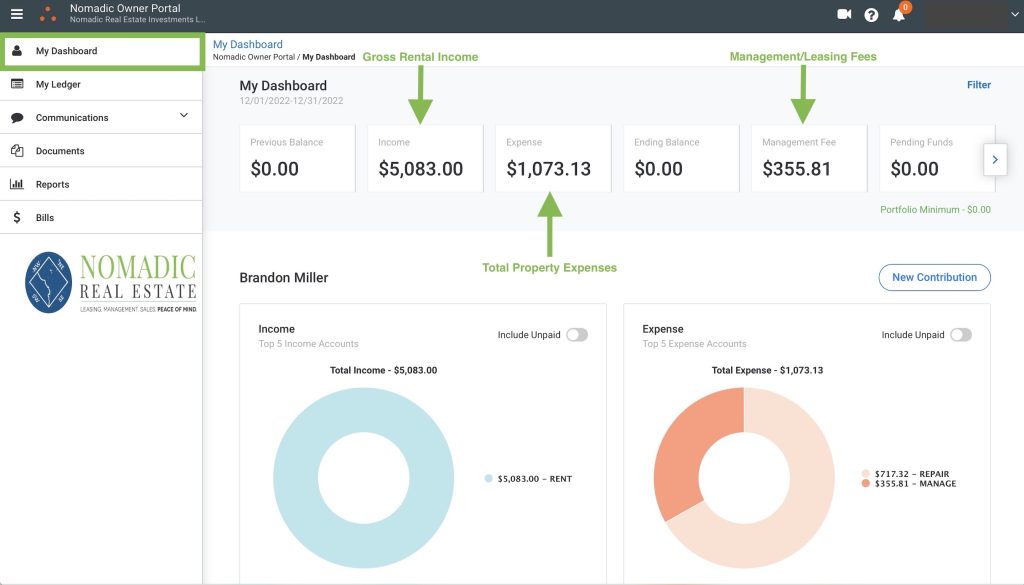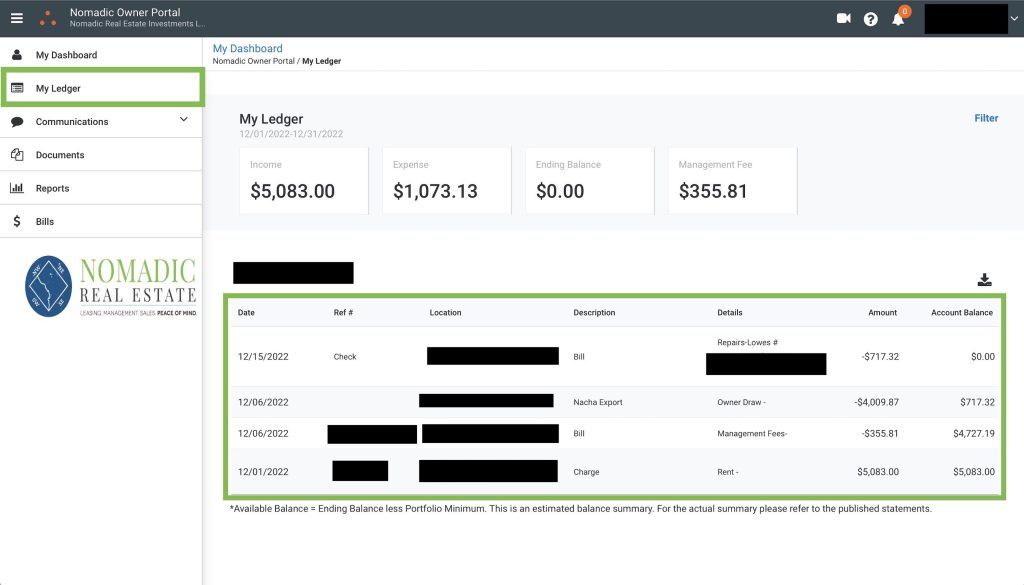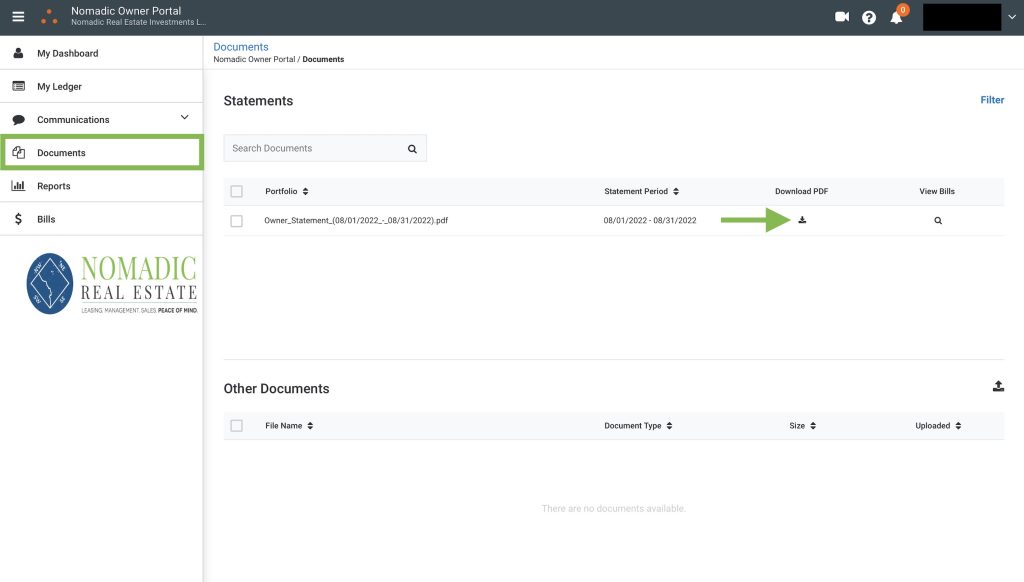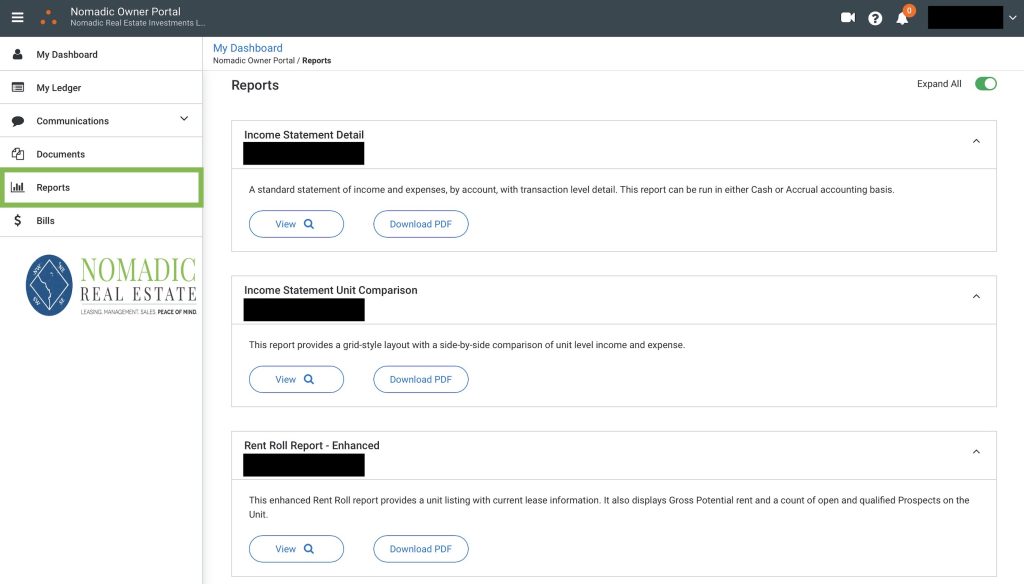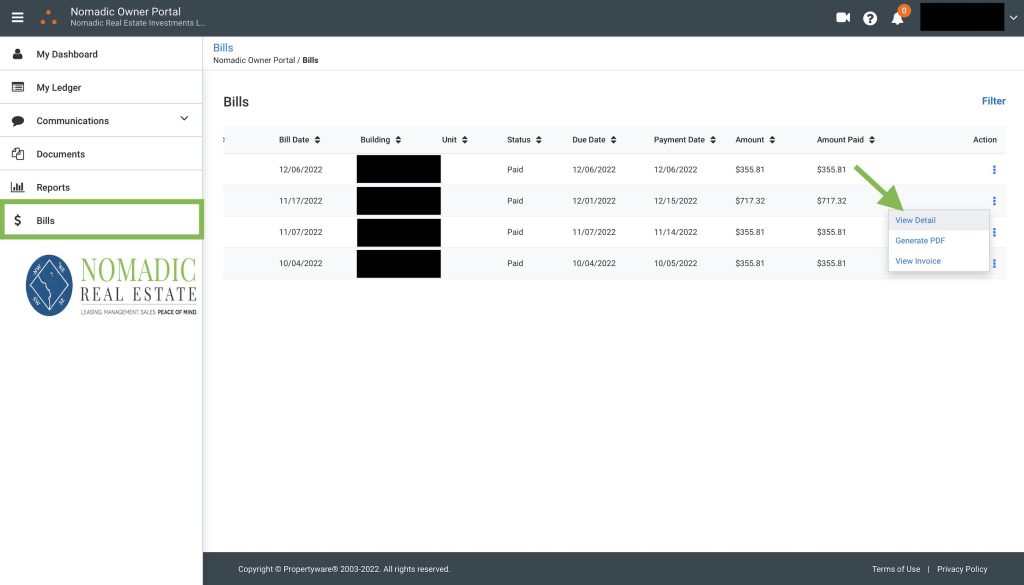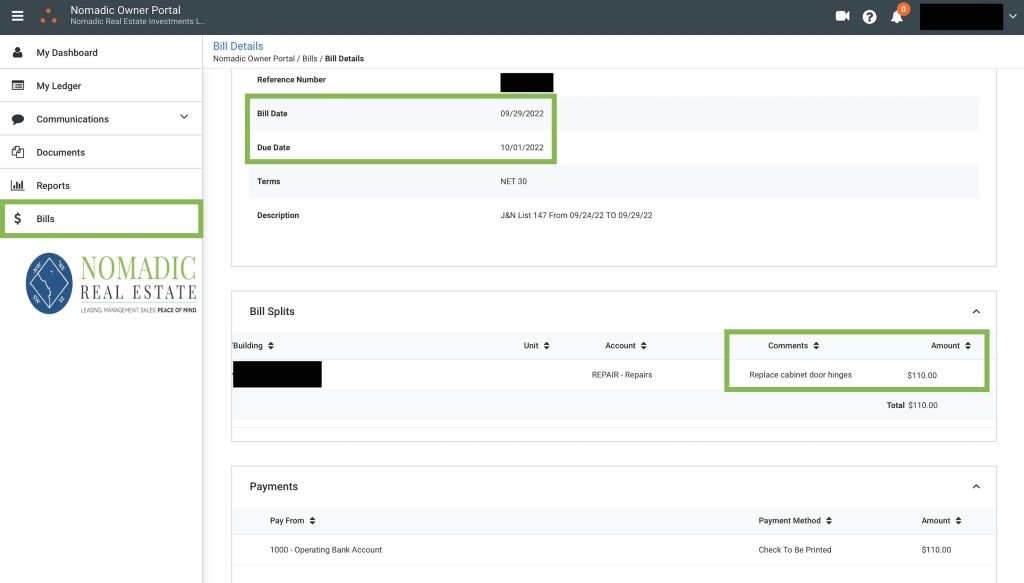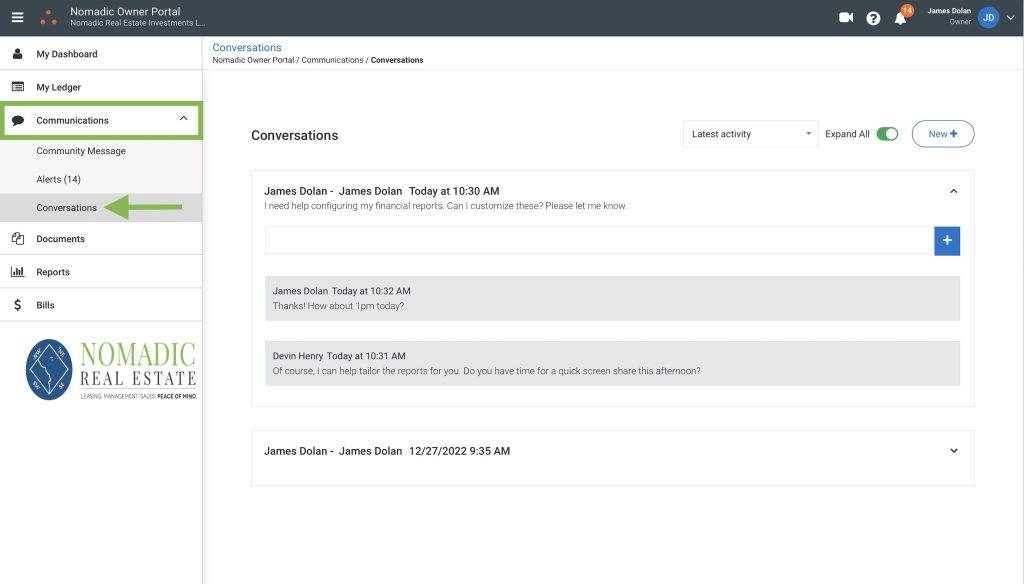Understanding what constitutes emergency maintenance in an apartment is crucial for tenants, particularly in urban areas like Washington, D.C. Emergency situations can arise unexpectedly, potentially compromising the safety, health, or habitability of a rental unit. These situations require immediate attention and action from property management.
The distinction between standard maintenance issues and true emergencies is not always clear-cut, which can lead to confusion and potential disputes between tenants and landlords. Emergency maintenance typically involves issues that pose an immediate threat to the tenant’s well-being or risk significant damage to the property.
Property managers and landlords have specific obligations when it comes to addressing these urgent situations. Understanding these parameters can help tenants navigate challenging circumstances more effectively and ensure they receive timely assistance when faced with genuine emergencies in their rental properties.
Key Takeaways:
- Defining Emergency Maintenance: Emergencies include threats like fires, gas leaks, floods, and electrical failures that endanger tenant safety or property.
- Legal Obligations in the DMV: In D.C., Maryland, and Virginia, landlords must promptly address emergencies within legally specified timeframes to avoid penalties.
- Common Emergencies: Situations such as gas leaks, heating failure in winter, and sewage backups require immediate action.
- Roles of Tenants and Landlords: Tenants must report issues swiftly, while landlords are responsible for ensuring a habitable living space and timely repairs.
- Prevention Tips: Regular inspections, maintaining smoke detectors, and knowing essential system locations help prevent emergencies.
Emergency Maintenance: What’s the Deal in D.C., Maryland, and Northern Virginia?
This question is particularly important in the DMV area because local laws and regulations have something to say about this. Both landlords and property managers must adhere to specific timeframes for addressing emergency maintenance requests, making it crucial for everyone involved to be on the same page.
Failure to comply with these regulations may result in legal penalties, including fines or even lawsuits. This is especially important when it comes to safety risks, such as the need for a carbon monoxide detector or the presence of other safety issues in the apartment.
Decoding “Emergency Maintenance”: When It’s Time to Make the Call
While definitions can vary slightly based on your lease agreement, some common issues consistently fall under emergency maintenance in the DMV:
Fire Hazards: This includes actual fires and anything that could lead to one – think sparking outlets or exposed wiring.
Gas leaks: Even the slightest smell of gas warrants immediate action. Evacuate the premises immediately and contact emergency services. It’s vital to prioritize gas leaks, as they can escalate quickly into life-threatening situations.
Flooding: Whether it’s from a burst pipe or heavy rain, flooding requires urgent attention to minimize damage.
No Heat During Cold Weather: In D.C., Maryland, and Virginia, landlords are legally obligated to provide adequate heating during colder months. A broken heater in the middle of winter is more than an inconvenience—it’s a health hazard. This is especially true if the heater breaks overnight, leaving residents without a source of warmth.
Major Electrical Issues: Loss of power in your entire apartment, particularly if it’s not a building-wide outage, requires immediate attention.
Sewage Backups: A backed-up sewer system isn’t just unpleasant; it poses significant health risks. If left unaddressed, it can make your apartment unlivable.
Gray Areas: When “Urgent” Might Not Mean “Emergency”
Some situations, although bothersome, may not constitute emergencies. These are often considered non-emergency maintenance issues that can typically be addressed during regular business hours. However, this doesn’t mean you should ignore them:
Air Conditioning Malfunctions: Unless stipulated in your lease, a malfunctioning AC unit might not be an immediate emergency unless extreme heat jeopardizes your health.
If your air conditioning breaks during a heatwave, it could create an uninhabitable living situation, which may require temporary fixes such as providing space heaters while repairs are being made. You can check if local regulations like the air conditioning laws in D.C. offer specific guidance in your case.
Minor Leaks: A dripping faucet might be annoying but isn’t typically an emergency unless it leads to significant water damage.
A leaky pipe that is simply patched may not be a permanent maintenance solution. Document the issue with photos and contact your landlord or property management company during business hours.
Appliance Breakdowns: A broken oven or washing machine might be disruptive but is unlikely to constitute an emergency unless it presents a safety risk. However, a broken refrigerator that is not properly addressed by providing a replacement fridge until a repair specialist can fix the issue may be considered an emergency.
Always remember to check your lease agreement. What constitutes an emergency can vary, so ensure you understand those specific to your property and location.
This will help you determine what steps to take if you experience maintenance issues and how to best communicate your concerns to your landlord or property management company.
Navigating Landlord-Tenant Responsibilities in Emergency Maintenance
The lines blur when talking about who’s responsible for what. In general, tenants should contact their landlord or property management company first for any maintenance issues, big or small.
Landlords have a legal responsibility to:
- Maintain a habitable living environment
- Respond to emergency maintenance requests promptly. Although specific timeframes can vary depending on local regulations like those in the DMV, a reasonable timeframe is generally considered to be within 24-48 hours for urgent repairs. This ensures that life-threatening safety issues are addressed immediately and that the property is safe for occupancy.
- Make necessary repairs caused by normal wear and tear. Keep in mind, though, you may be responsible for fixing the damage you caused. This is why it is important to document the condition of your apartment when you move in and report any pre-existing damage to your landlord or property manager.
This clear communication ensures that all parties are aware of their obligations, helping cultivate a positive tenant-landlord relationship. Building these open communication lines makes for smoother transactions and fewer potential conflicts, something beneficial for both sides.
Regular inspections by the landlord, particularly of shared spaces like hallways, are part of good property management and can help prevent future maintenance emergencies.
Staying Ahead: Preventing Apartment Maintenance Nightmares
Prevention is indeed better than cure, and there are several proactive measures tenants can take to avoid potential emergencies.
Regular inspections play a crucial role in maintaining a safe living environment. Get into the habit of periodically checking your smoke detectors to ensure they’re functional, and don’t forget to change the batteries as needed.
A malfunctioning smoke detector compromises the home’s fire safety measures. Additionally, be aware of potential hazards, such as space heaters, which can pose a fire risk if not used properly.
Familiarizing yourself with your apartment’s essential systems is equally important. Learn the location of your main water shut-off valve and circuit breaker box.
This knowledge could prove invaluable in preventing a bad situation from escalating. For instance, in the event of a water leak or electrical problem, you can minimize damage by shutting off the water or electricity until the issue can be addressed professionally.
Proper apartment maintenance can prevent many problems from developing into emergencies. This includes keeping your living space clean to avoid pest infestations, promptly addressing minor repairs like leaky faucets before they escalate, and adhering to the building’s rules about waste disposal to prevent plumbing issues.
These preventative measures can help you avoid costly repairs and maintain a safe, healthy living environment. By taking these steps, tenants can significantly reduce the likelihood of facing emergency maintenance situations and enjoy a more worry-free rental experience.
Property Management Companies: Your Allies in Emergency Maintenance
If you’re a landlord, navigating the complexities of emergency maintenance might feel overwhelming. But it doesn’t have to be. Consider a property management company – think of them as your partners in peace of mind.
They handle everything from tenant screening and rent collection to property management and tenant relations. This leaves you with less stress, allowing you to enjoy the benefits of property ownership.
This frees you to focus on broader aspects like property investment and long-term financial planning. For renters, a property management company serves as the main point of contact for maintenance requests and other concerns.
Nomadic Real Estate understands that emergency response time is a critical factor in property management, especially in the DMV area. Our property management services are designed with clear, efficient procedures to address emergencies promptly and effectively.
We pride ourselves on our swift responsiveness, which not only ensures high tenant satisfaction but also protects the value of your property.
Frequently Asked Questions (FAQs)
What should I do if I experience an emergency maintenance issue outside of regular business hours?
If you encounter an emergency maintenance issue after hours, first ensure your safety and that of other occupants. If the situation is life-threatening, call 911 immediately. For other emergencies, contact your landlord or property management company’s emergency line.
Many, including Nomadic Real Estate, offer 24/7 emergency services. Document the issue with photos or videos if possible, and follow any instructions provided by your property manager or emergency services.
Can my landlord charge me for emergency maintenance repairs?
Generally, landlords are responsible for emergency repairs that are not caused by tenant negligence or damage. However, if the emergency was caused by your actions or those of your guests, you might be held financially responsible.
Always review your lease agreement for specific terms regarding maintenance responsibilities. If you’re unsure, consult with your property management company or a local tenant rights organization for clarification.
How long does a landlord have to respond to an emergency maintenance request?
Response times can vary depending on the severity of the emergency and local regulations. In the DMV area, landlords are typically expected to respond to true emergencies within 24 hours.
However, the actual repair time may depend on the nature and complexity of the issue. Nomadic Real Estate prioritizes emergency maintenance requests and strives to address them as quickly as possible to ensure tenant safety and property preservation.
What if my landlord doesn’t respond to my emergency maintenance request?
If your landlord fails to respond to a legitimate emergency maintenance request within a reasonable timeframe, document all your attempts to contact them. In extreme cases where the issue poses an immediate threat to health or safety, you may need to contact local authorities or housing agencies.
In Washington D.C., you can file a complaint with the Department of Consumer and Regulatory Affairs. Remember, Nomadic Real Estate’s property management services include prompt response to emergency maintenance requests, helping to avoid such situations.
Understanding Emergency Maintenance in Your Apartment
Navigating what is considered emergency maintenance in an apartment can feel complicated, but understanding your rights and responsibilities as a renter or landlord can make it simpler.
Remember, proactive communication and preventive measures can prevent many headaches down the line. Ultimately, creating a safe, habitable living space benefits everyone involved.
Whether you’re a tenant seeking peace of mind or a property owner looking for reliable management services, we’re here to help. Contact Nomadic Real Estate today to learn more about how we can address your emergency maintenance concerns and provide top-notch property management services!



